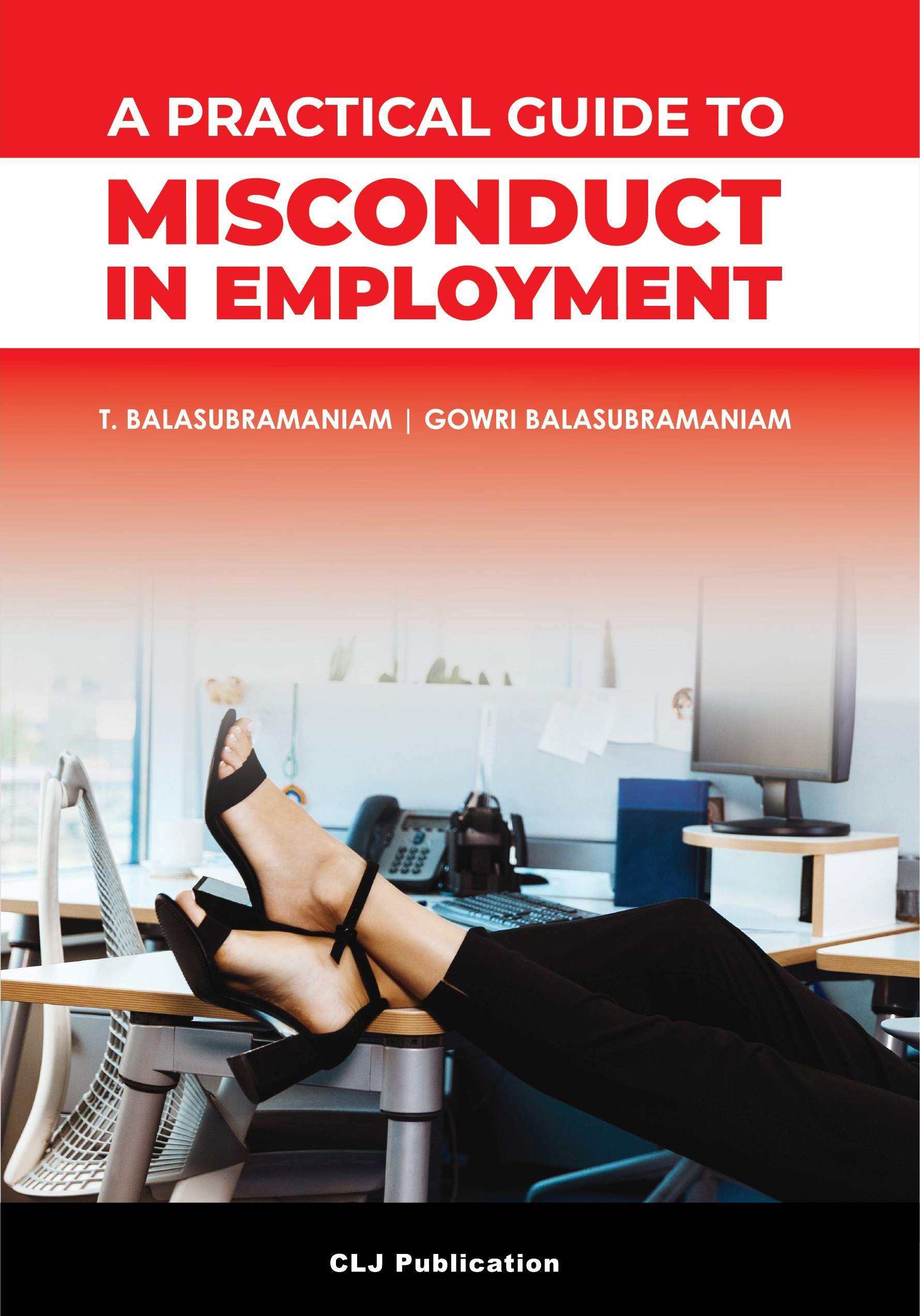Description
This book discusses how the Industrial Court has addressed fifty various instances of misconduct in employment, including but not limited to:
Unauthorized absence, Dozing off during work hours, Disobedience, Assaulting a superior, Assaulting a subordinate, Assaulting a colleague, Engaging in physical altercations, Neglect of duties, Conflicts of interest, Breach of trust, Theft, Fabrication of qualifications, Harassment in the workplace, Making fraudulent claims, Excessive sick leave, Accepting bribes, Misuse of funds, Feigning illness, Receiving kickbacks from suppliers, Deceitfulness, Revealing confidential company information, Failure to fulfill job responsibilities, Sexual harassment, Receiving gifts or favors from parties with business ties to the company, Mishandling company funds, Borrowing money from subordinates, Submitting falsified medical documents, Violating immigration laws by assigning foreign employees improperly, Falsifying overtime claims, Acting against employer interests, Engaging in illegal strikes, Encouraging fellow workers to engage in unlawful activities, Unethical behavior, Refusing job transfers, Drug use, Alcohol consumption during work hours, Accessing inappropriate content on company devices, Holding secondary employment, Participating in illegal strikes, Gambling, Slowing down work pace deliberately, Possessing weapons on company premises, Unauthorized internet usage, Initiating petitions for CEO removal, Disregarding superiors’ instructions, Using abusive language, Organizing workplace boycotts, Encouraging discord among coworkers, Posting negative comments about management on social media, and Engaging in sexual grooming behaviors.
About Author(s):
Balasubramaniam embarked on his professional journey as a Kirkby-trained educator in 1960, transitioning into the realm of industrial relations in 1961 as the Secretary of the MTUC Terengganu Division. After earning a Second-Class Upper Honours in Social Science (Econs) with a specialization in Industrial Relations, he joined the Malayan Council of Employers Organizations (MCEO) as the Deputy Secretary in 1976. Following the dissolution of MCEO in 1978, he assumed the role of Industrial Relations Advisor at MEF, concurrently pursuing his LLB (Hons) during his tenure.


Reviews
There are no reviews yet.